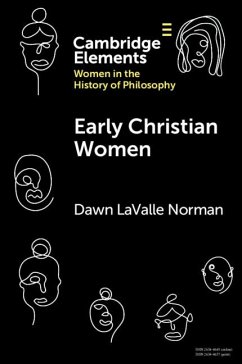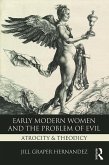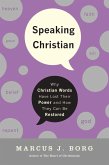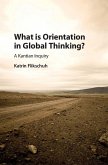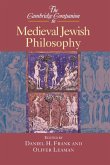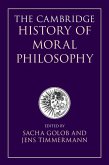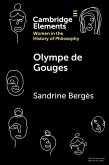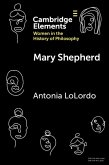In this Element the author argues that genre deeply affects how early Christian female philosophers are characterized across different works. The included case studies are three women who feature in both narrative and dialogic texts: Thecla, Macrina the Younger and Monica. Based on these examples, the author demonstrates that the narrative sources tend to eschew secular education, while the dialogic sources are open to displays of secular knowledge. Philosophy was not only seen as a way of life, but sometimes also as a mode of educated argumentation. The author further argues that these female philosophers were held up in their femininity as models for imitation by both women and men.
Dieser Download kann aus rechtlichen Gründen nur mit Rechnungsadresse in A, B, BG, CY, CZ, D, DK, EW, E, FIN, F, GR, HR, H, IRL, I, LT, L, LR, M, NL, PL, P, R, S, SLO, SK ausgeliefert werden.

